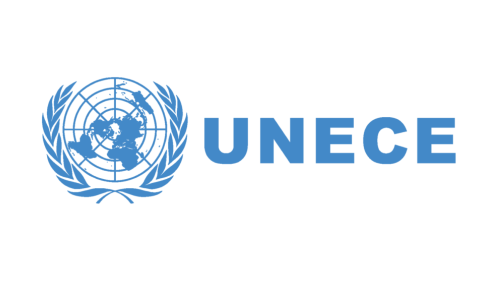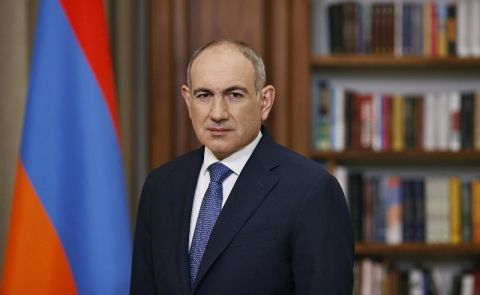
Georgia's EU Candidacy Path: PM Kobakhidze's Inaugural Brussels
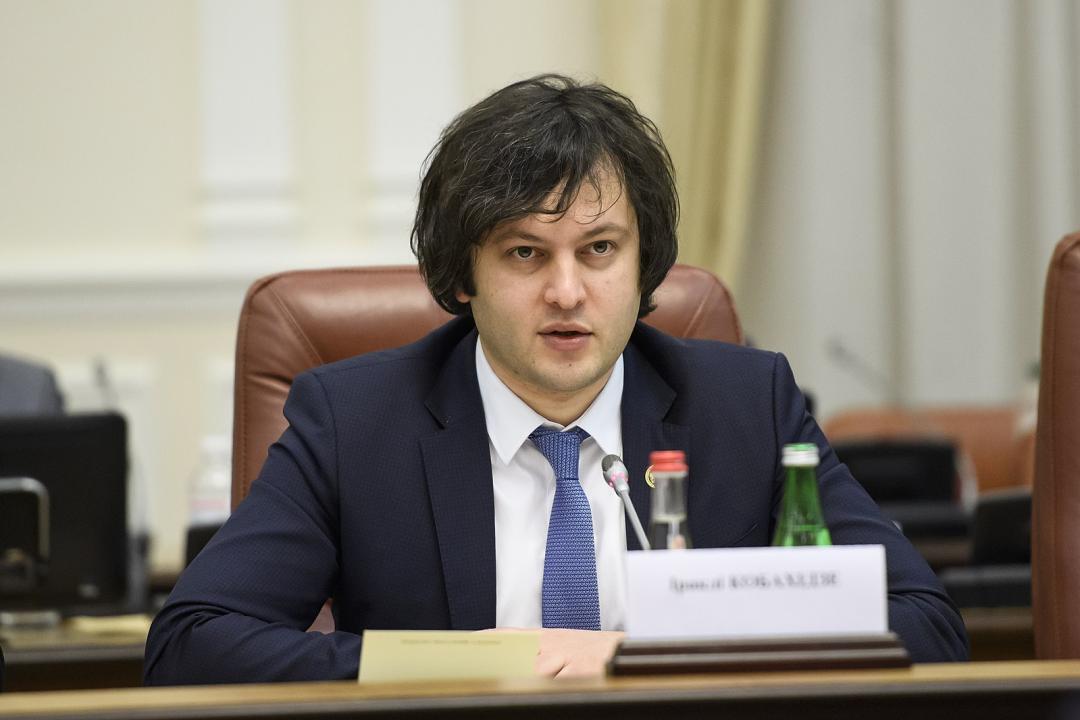
Visit
On February 20, the European Union and Georgia convened the 8th meeting of the EU-Georgia Association Council in Brussels, marking a significant milestone in their partnership.
During the meeting, the Association Council celebrated the European Council's decision to grant Georgia the candidate country status, provided that Georgia fulfills the nine steps outlined in the European Commission's recommendation of November 8, 2023. This decision elevated EU-Georgia relations to a new strategic level. The EU acknowledged Georgia's adoption of an action plan to address the nine steps and encouraged further progress on reforms, emphasizing the importance of meaningful and irreversible changes implemented in consultation with the opposition and civil society. Georgia's progress towards EU membership would be contingent on its fulfillment of accession criteria based on merit.
Both parties reaffirmed their commitment to strengthening EU-Georgia relations, stressing the full utilization of the Association Agreement, including the Deep and Comprehensive Free Trade Area (DCFTA), and the effective implementation of the EU-Georgia Association Agenda 2021-2027. Effective implementation of the Association Agreement and DCFTA, along with regulatory approximation and related reforms, would facilitate enhanced economic and trade relations, paving the way for Georgia's gradual economic integration into the EU Internal Market.
Recognizing Georgia's substantial reforms and legislative alignment with the EU acquis, as highlighted in the European Commission's report, the EU urged all political actors in Georgia to foster constructive cross-party cooperation, overcome polarization, and refrain from actions that could impede the reform agenda. The Association Council commended Georgia's vibrant civil society and stressed the importance of inclusive engagement in policymaking processes.
Addressing challenges such as disinformation, anti-EU rhetoric, and foreign information interference, the EU called on Georgia to take meaningful steps while acknowledging the government's efforts in this regard.
Ensuring the independence, accountability, and impartiality of all state institutions, particularly judicial, prosecutorial, anti-corruption, and monetary bodies, in line with European standards and Venice Commission recommendations, remained a priority. The EU emphasized the need for enhanced parliamentary oversight, notably of security services.
The Association Council highlighted ongoing efforts to improve the legislative framework and capacity of the justice system, emphasizing the necessity of comprehensive judicial reform to ensure full independence, accountability, and impartiality. Electoral reform, gender equality, human rights protection, deoligarchisation, anti-corruption measures, and alignment with the EU Common Foreign and Security Policy were also discussed.
The EU reiterated its support for Georgia's sovereignty, independence, and territorial integrity, emphasizing its commitment to conflict resolution and non-recognition of the incorporation of Abkhazia and South Ossetia regions into Russia. The Association Council condemned recent security and human rights violations in these regions and called for the implementation of the 2008 Ceasefire Agreement and the safe return of displaced persons.
Discussions also touched upon economic recovery from the COVID-19 crisis, trade relations, energy security, civil protection, educational programs, and the Eastern Partnership's resilience-oriented framework.
Chaired by Josep Borrell, High Representative of the European Union for Foreign Affairs and Security Policy, the meeting saw the participation of Georgian Prime Minister Irakli Kobakhidze and EU Commissioner for Neighbourhood and Enlargement, Olivér Várhelyi, among others, underscoring the importance of EU-Georgia cooperation.
In the press conference, Josep Borrell, the High Representative of the European Union for Foreign Affairs and Security Policy, welcomed Prime Minister Kobakhidze to Brussels for their first meeting. Borrell emphasized the significance of Georgia's pursuit of EU membership, stressing the need for accelerated reforms and decreased political tensions to advance Georgia's candidacy. He highlighted the importance of Georgia's alignment with EU values and principles, especially in the face of rising anti-Western rhetoric and disinformation. Borrell also underscored the upcoming electoral process as a test for Georgia's democracy and reiterated the EU's commitment to Georgia's sovereignty and territorial integrity.
Prime Minister Kobakhidze expressed gratitude for the warm welcome and emphasized the importance of EU-Georgia relations, particularly with Georgia now a candidate country. He reiterated Georgia's commitment to the EU path, highlighting ongoing reforms and economic progress. Kobakhidze emphasized Georgia's role as a reliable ally and partner to the EU, especially in regional stability efforts. He also stressed the need for a peaceful resolution of the Russia-Georgia conflict and thanked the EU for its support in this regard.
Olivér Várhelyi, the European Commissioner for Neighbourhood and Enlargement, echoed the importance of Georgia's candidate status and emphasized the need for accelerated reforms and implementation of the Economic and Investment Plan. He highlighted key projects, including the Black Sea Electricity and Broadband Internet Cable Project, as significant for regional connectivity and economic development. Várhelyi also underscored Georgia's potential integration into the EU's roaming and single payment area, signaling tangible benefits for Georgian citizens.
Meeting with the President of the European Council
On the same day, Prime Minister Irakli Kobakhidze of Georgia met with Charles Michel, President of the European Council, during his visit to Brussels. They discussed Georgia's EU accession process and the country's reform agenda to achieve this goal.
Kobakhidze highlighted the priority of Georgia's EU accession, emphasizing that his first visit to Brussels as Prime Minister underscores this commitment. He thanked Charles Michel for his support and recognized the president's personal involvement in the process.
The Prime Minister emphasized the progress made by Georgia towards EU integration and the significance of its status as an EU Candidate Country. He conveyed the country's active efforts to advance further along the accession path.
Kobakhidze stressed the importance of continued support from EU institutions and expressed confidence in ongoing EU assistance throughout the accession process.
The Prime Minister also discussed Georgia's cooperation with EU institutions and member states to implement reforms. He mentioned the development of a concrete Action Plan in response to the European Commission's Enlargement Report and ongoing efforts to address its recommendations.
Regarding Georgia's political landscape, Kobakhidze informed Michel about invitations sent to OSCE/ODIHR for observation missions ahead of elections, demonstrating Georgia's commitment to free and fair elections.
The discussion extended to the situation in Georgia's occupied territories. Kobakhidze expressed gratitude for the EU's support for Georgia's sovereignty and territorial integrity and called for increased EU engagement in peacefully resolving the Russia-Georgia conflict.
The meeting also addressed regional and global security challenges, with Kobakhidze and Michel exploring potential solutions to address them.
Meeting with European Commissioner for Neighbourhood and Enlargement
Prime Minister Irakli Kobakhidze of Georgia met with Olivér Várhelyi, European Commissioner for Neighbourhood and Enlargement, during his visit to Brussels. They discussed Georgia's EU accession process, focusing on the recommendations outlined in the Enlargement Report.
Kobakhidze emphasized Georgia's commitment to closely coordinate and cooperate with European institutions to address the recommendations laid out in the European Commission's report. He shared details of the efforts undertaken by Georgia's authorities and outlined current measures and future plans.
The Prime Minister highlighted Georgia's development of a concrete Action Plan in response to the recommendations of the Enlargement Report and conveyed the country's active efforts to implement it effectively.
The discussion also encompassed various areas of cooperation between Georgia and the EU. Both sides addressed security challenges confronting the region and the world, exploring potential solutions to these pressing issues.
Kobakhidze expressed gratitude to Olivér Várhelyi for his support in Georgia's EU accession process, underscoring the importance of continued collaboration and assistance from the European Union.
Meeting with Roberta Metsola
On February 21, Prime Minister Irakli Kobakhidze of Georgia met with Roberta Metsola, President of the European Parliament, during his series of meetings in Brussels. Metsola congratulated Kobakhidze on his appointment as Prime Minister and extended her best wishes for his success. Kobakhidze expressed gratitude for her support.
The discussions revolved around Georgia's progress toward EU accession and the measures taken, both completed and pending, to facilitate Georgia's integration into the EU.
Kobakhidze emphasized the significance of Georgia's status as an EU candidate country and reaffirmed his government's commitment to further progress in the EU accession process.
The role of the European Parliament in Georgia's EU accession journey was highlighted by Kobakhidze, underscoring the importance of its support. Both parties assessed the current cooperation dynamics between Georgia and the European Parliament and expressed readiness to strengthen their partnership.
The meeting also addressed regional and global security challenges, focusing on the situation in Georgia's occupied territories. Kobakhidze expressed gratitude to Metsola for the European Parliament's steadfast support for Georgia's European and Euro-Atlantic aspirations, as well as its sovereignty and territorial integrity.
See Also

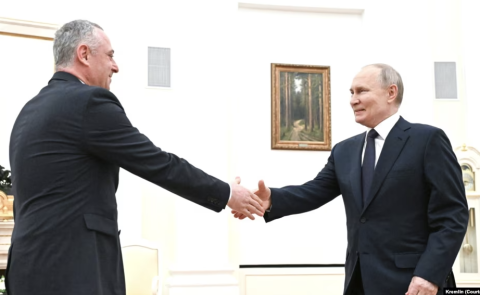
Abkhazia’s Separatist Leader Discusses Relations with Russia

CoE Commissioner Addresses the Georgian Government
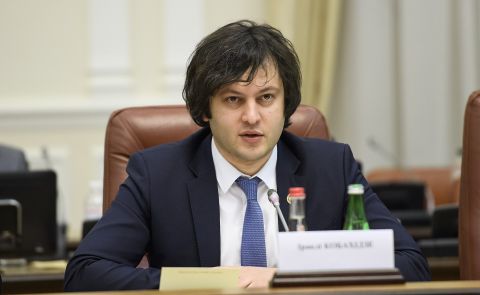
Kobakhidze Announces Plans to File Lawsuit to Ban the "Collective National Movement"
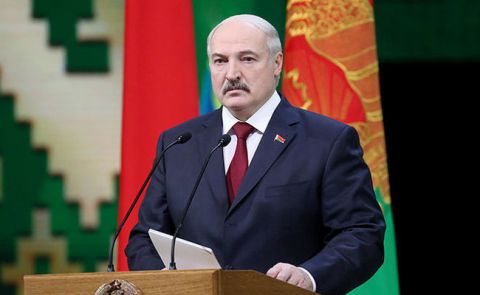
Belarus Affirms It Has Never Been an Adversary to Georgia
